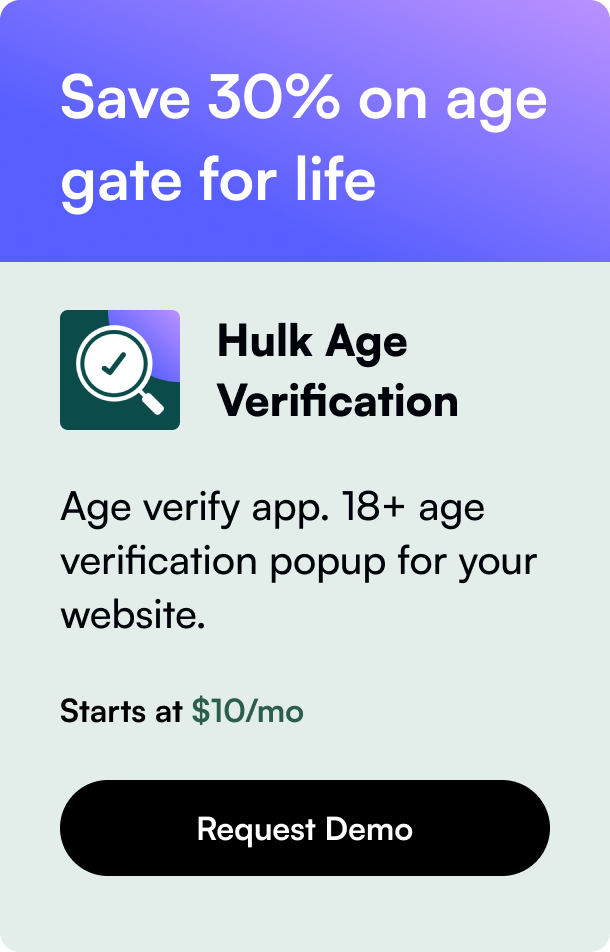Table of Contents
- Introduction
- Reasons Websites Block Users
- Preventative Measures
- Steps to Resolve a Block
- Conclusion
- FAQ
Introduction
Imagine browsing the internet, looking for information or services, only to suddenly find yourself blocked from a website. It can be frustrating and confusing, especially if you don't understand why it's happening. With online security becoming increasingly essential, many websites implement measures to protect themselves from malicious activities. This blog aims to demystify why sites block access and how you can resolve such issues. By understanding the mechanisms and reasons behind these blocks, you can more effectively navigate and troubleshoot internet restrictions.
In today’s digital landscape, website blocking can occur due to various reasons, ranging from security measures to misconfigurations. As we delve into this topic, you will learn about common triggers that activate these blocks, ways to prevent being blocked, and steps to take if you find yourself on the wrong side of a web filter.
This post is structured to give you a comprehensive understanding of website blocking. We will first explore what triggers these blocks, followed by preventative measures. Finally, we’ll discuss actionable steps to resolve the issue should you get blocked. By the end, you'll be well-equipped to handle and possibly avoid such situations.
Reasons Websites Block Users
Website blocking is typically a defensive measure triggered by various actions or conditions. Understanding them can help you navigate the web without unnecessary interruptions.
Security Measures
One of the primary reasons websites block users is due to security protocols designed to protect against online threats like hacking, spamming, and data breaches. These measures are put in place to safeguard sensitive information and ensure the site's integrity.
Suspicious Activity
Web applications often monitor for suspicious behavior that could hint at potential security threats. Actions such as submitting a certain number of requests in a short amount of time, using unrecognized or potentially unsafe commands, or showing patterns typical of bots can lead to being blocked.
SQL Commands and Malformed Data
Sites that use databases (which is nearly all modern sites) guard against SQL injection attacks. If your actions resemble SQL commands, which are used in database manipulation, the site might interpret it as a hacking attempt and therefore block your access. Similarly, malformed data entries can trigger security defenses.
Geographic Restrictions
Some websites impose access restrictions based on geographic locations. This is often due to licensing agreements, legal considerations, or efforts to control where and how their service is used. If your IP address is from a restricted region, you may find yourself blocked.
Preventative Measures
Knowing how to avoid getting blocked in the first place is invaluable. Here are some best practices to prevent this issue.
Use Genuine Browsers
Using widely recognized and updated browsers can prevent unforeseen issues. Websites are more likely to interact smoothly with browsers that adhere to current web standards.
Avoid Suspicious Behavior
Refrain from actions that can be misconstrued as malicious or automated. This includes limiting the number of rapid requests to a server, ensuring data submissions are correct and formatted properly, and avoiding the use of potentially dangerous commands.
Respect Geographic Restrictions
Be aware of any geographic restrictions that a website might have. Utilize tools like VPNs responsibly and in accordance with the site's terms of service. Unauthorized circumvention of geo-blocks can lead to permanent bans.
Regularly Update Software
Ensure that both your browser and any relevant plugins are updated. Outdated software can be flagged as insecure, leading to blocking issues.
Steps to Resolve a Block
If you find yourself blocked from a site, there are several actions you can take to potentially resolve the issue.
Contacting Site Owners
Reaching out to the site owner is usually the first and most straightforward step. Explain what you were doing when the block occurred and provide the necessary details, such as the specific error message and any relevant IDs (like the Cloudflare Ray ID if applicable). This can help them identify whether the block was a mistake or illustrate what action caused it.
Clearing Cache and Cookies
Sometimes, the block might be related to stored data in your browser. Clearing your cache and cookies may resolve the issue. This removes any potentially problematic data that might be causing the unnecessary block.
Changing Your IP Address
If your IP address has been blocked, switching to a different network (e.g., using a different Wi-Fi connection or a mobile hotspot) may grant you access. Alternatively, utilizing a reputable VPN can change your apparent location and IP address, potentially bypassing the block.
Reviewing Site's Terms of Service
Ensure that your actions do not violate the website's terms of service. Compliance with these rules is essential for maintaining access and avoiding blocks. If you've inadvertently breached these terms, acknowledging and correcting the behavior can lead to reinstated access.
Conclusion
Website blocking is an integral part of online security strategies used to protect valuable data and ensure safe user environments. While getting blocked can be annoying, understanding why it happens and how to prevent it significantly reduces the chances of encountering such issues. Should a block occur, following the steps outlined can help in swiftly resolving the problem.
By familiarizing yourself with both preventative measures and resolution strategies, you can enhance your online experience, reducing the risk of interruptions and maintaining smoother access to the sites you want to visit.
FAQ
Why does a website block me? Websites block users mainly due to security concerns, suspicious activities, geographic restrictions, and to protect against specific types of threats like SQL injections.
How can I avoid being blocked by a website? Avoid suspicious behaviors, use genuine browsers, respect geographic restrictions, and keep your software updated. Following the site's terms of service also helps prevent blocks.
What should I do if I'm blocked from a website? Try contacting the site owner, clearing your cache and cookies, changing your IP address, or reviewing and complying with the site’s terms of service. These steps can help resolve the issue and possibly restore your access.
Can a VPN help if I'm blocked? A VPN can sometimes bypass geographic restrictions and change your IP address, potentially restoring access. However, using a VPN to circumvent blocks can violate the site’s terms of service.







